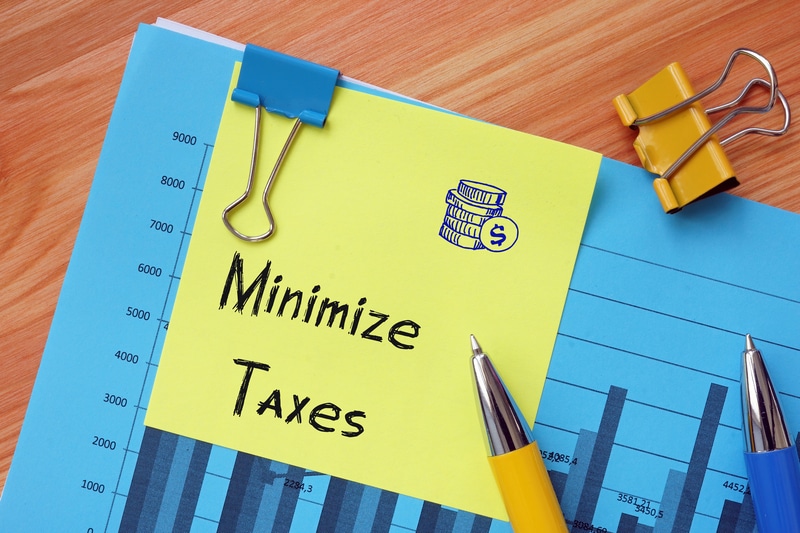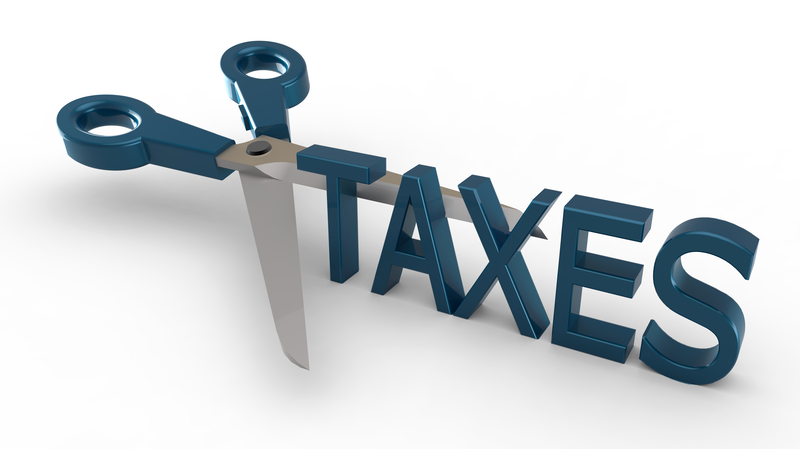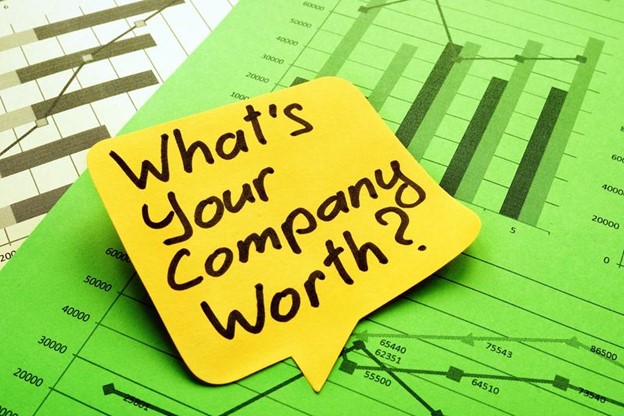How to Get Maximum Value on the Sale of Your Business?
Can I sell now? YES!
Can I retire now? YES!
SBA lenders are offering up to 90% financing, with 10 year fixed & variable rates.
Businesses are selling, the buyer pool remains strong, and SBA lenders are actively lending.
“How do I obtain maximum value for my business?”
This is the most important question on most business owner’s mind, followed by “how do I sell my business”?
You’ve invested years, countless hours, and money to build your business to where it is today. When it’s time to sell your business, getting the maximum value is naturally your top priority.
To realize the maximum value for your business, you’ll need an experienced and knowledgeable business broker representing you in the sale of your business. Pacific Business Sales will guide you through the process from start to finish, show you how to obtain the maximum value for your business, and ensure you have all the resources to minimize your taxes so you can retain the maximum value you earned from the sale of your business. When we place your business on the market you can be assured that we will work hard for the successful sale of your business.
Minimize Taxes & Maxmize Your Net Proceeds
There are a number of actions you can take as a business owner to increase the value of your business and create the optimum outcome of maximizing your business value and minimizing the taxes on the sale of your business.
Next Steps
Preparing to Sell Your Business
If you are preparing to sell your business a good next step is to meet with a professional business broker at Pacific Business Sales to discuss the prospective sale of your business.
We will prepare a complimentary Market Value Analysis and review the results with you, discussing ways to increase the company value and marketability of your business.

7 Ways to Increase the Value of Your Orange County Business
Earnings drive business value more than any other factor, however, if you can’t prove the earnings with solid financial statements much of that value is lost. If you can’t prove the revenue and earnings then your business has little value. It is important to have the last 3 years business tax returns filed and up to date, last 3 years profit and loss statements that closely match the tax returns or can be explained, inventory and A/R aging reports readily available if used in your business.
Calculating Discretionary Earnings
As stated above earnings drive business value, more specifically Discretionary Earnings (DE) drives the value of a business. DE simply put is the total (provable) economic benefit an owner derives from the business. To calculate DE a professional Business Broker or Valuation Analyst starts with the business tax return net profit and adds back EBITDA (Earnings Before Interest Taxes Depreciation) plus all owner’s salary, benefits, and one time expenses. To add back an owner benefit or expense it must be shown on the tax return and provable that it is not a business or an ongoing expense and is truly an owner benefit or discretionary expense.
Legitimate Owner’s Benefits
There are a number of legitimate owner benefits that can be expensed through the business such as travel and entertainment, auto expense, health insurance, life insurance, pension contributions, etc. You should discuss all of the options available to you with your CPA to ensure you are doing this properly and within IRS guidelines as well as making sure it is documented properly. Done properly all of these expenses can be added back as owner benefits.
Unreported Income and Inflated Expenses
Some sellers unwisely and shortsightedly opt to hide revenue and earnings when they are preparing to sell their business via not reporting cash transactions, shifting end-of-year revenue into the next year, or inflating expenses to reduce earnings. While this in the short term reduces their taxes, it will also dramatically reduce the value of their business. To put it in perspective, consider this, the majority of businesses are valued between 2 X to 3X Discretionary Earnings (DE). Thus, for every dollar of reduced provable DE, the value of the business decreases by two to three dollars. So if a business owner buried say $100,000 of cash income or inflated expenses they could not prove were unrelated to the business, the value of their business would be reduced by as much as $200,000 to $300,000. This does not mean you have to pay higher taxes, it just means that you should be working closely with your CPA on methods to legitimately reduce your taxes. By following proper accounting methods and good tax planning you can minimize your taxes and maximize the value of your business.
Revenue and earnings growth also drive business value as well as increasing the marketability of the business. Obviously, a rapidly growing business will have a higher value than a similar business with flat or declining sales. In fact, a business with declining sales is discounted from normal valuation multiples while a growing business generally obtains a premium.
Businesses that are highly dependent on the owner are difficult to sell and often result in the business value being discounted. Through staff training and delegation of day-to-day tasks, you can minimize the dependency of your business on you. Of course, there are responsibilities that cannot and should not be delegated and buyers respect and understand this. The key is to create a business that does not rely solely on you as the owner and your role is that of an owner/manager, not the key employee for all day-to-day tasks.
As we stated above, having a business that is not totally dependent on the owner Is vital, thus it is important to have well-trained employees that can handle the day-to-day operations.
Having supervisors and admins is a big plus, and having experienced employees with a solid tenure with the company is also very helpful. Having employees does not add a specific dollar value to the value of the company, but it does make it much more marketable and ensures the company value will not get discounted due to owner dependency.
Procedures are a big plus for the marketability of a company. Again, this is an area that does not directly affect value, but it definitely affects marketability as the buyer recognizes that the transition will be smoother and the risk of ownership will be lower.
Customer concentration is another item that can reduce the market value and marketability of a company. If your company has a single customer that represents a substantial part of your business, say 50% or more, this may affect the value and marketability of your company depending on the situation. Companies with several large customers are fairly common and as long as the track record with these clients is solid it does not generally affect business value.
Another way to add value to your company is through tax planning. Tax planning will not increase the market value of your company, but it can dramatically increase the amount you retain after taxes. We highly recommend discussing tax planning with your CPA and/or financial advisor to ensure you have a plan to minimize the taxes on the sale of your business. Our firm works with several Tax Strategy CPAs and Financial Advisors that offer free consultations to review tax strategies to minimize and defer the taxes on the sale of your business.
Contact us to arrange an appointment with one of the tax and financial advisors our firm works with. We do not accept any referral fees from the financial and tax advisors we refer our clients to.












